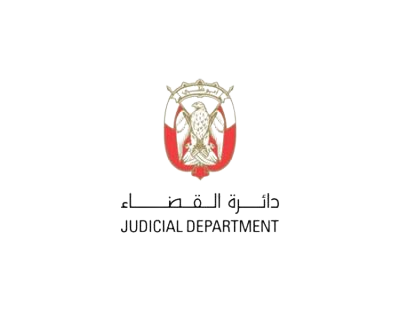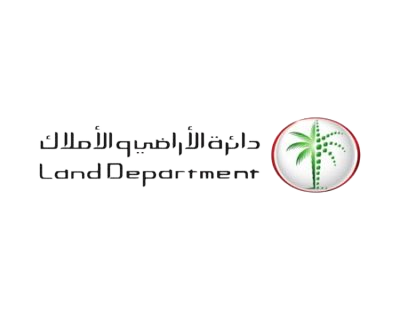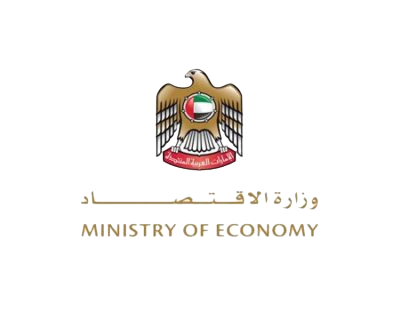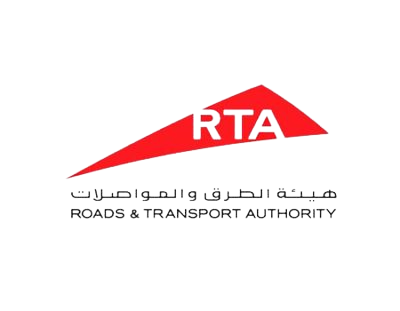
The United Arab Emirates (UAE) has long been a magnet for entrepreneurs and enterprises from around the world, owing to its strategic location, powerful economy, and investor-friendly legislation. One of the most important decisions entrepreneurs must make when starting a business set-up in the UAE is whether to locate it in a free zone or on the mainland. In this article, we’ll look at the distinctions between these two business models so you can make an informed decision.
Ownership and location
Mainland: Mainland businesses can conduct business throughout the UAE and engage with onshore clientele. They must comply with UAE commercial rules and are frequently required to have a local Emirati sponsor or service agent who owns 51% of the company. Depending on the legal structure, some exceptions apply.
Free Zone: Free zone businesses are geographically restricted to the free zone in which they are founded. However, they do not need to have a local sponsor, and foreigners may own the entire company. This offers the business owner more power.
Business Activities
Mainland: Mainland businesses have more options for running a business, such as commerce, services, and manufacturing. They are free to trade in both domestic and international markets.
Free Zone: A free zone is a location with a specific focus, such as technology, media, or commodities. Businesses established in a free zone are often expected to align their activities with the sector of the free zone.
Importing and Exporting
Mainland: Mainland enterprises are free to trade directly with UAE markets and worldwide. They can also participate in import and export activity without the need for additional permits.
Freezone: When trading with the UAE mainland, free zone enterprises face specific constraints. They can, however, import and export without paying customs taxes both within the free zone and worldwide.
Taxation
Mainland: Depending on the nature of the firm, Mainland companies may be subject to corporate income tax. However, the UAE has implemented a value-added tax (VAT) on most products and services.
Free Zone: Free zone enterprises frequently benefit from tax breaks, such as 0% corporate income tax and no customs taxes on imports and exports within the free zone. However, VAT is still levied in the majority of circumstances.
Registration and Licensing
Mainland: Businesses on the mainland must get permits from the Department of Economic Development (DED) of the emirate in which they operate.
Freezone: Free zone companies are governed by the respective free zone authorities, which provide a shortened licensing and permitting process.
Visas and Employment
Mainland: Mainland enterprises enjoy greater hiring flexibility from all over the world. They can apply for work permits for their employees.
Freezone: Free zone companies can hire employees from outside the UAE, although they must typically go via the free zone authorities. Visa requirements may differ depending on the free zone.
The decision to establish a business in a UAE free zone or on the mainland is influenced by a number of criteria, including the nature of your firm, ownership structure, targeted activities, and market reach. Both solutions have distinct advantages, and recognizing the distinctions is critical for selecting the best choice. Seek legal and professional advice to ensure compliance with local legislation and make an informed decision that corresponds with your business goals.



















